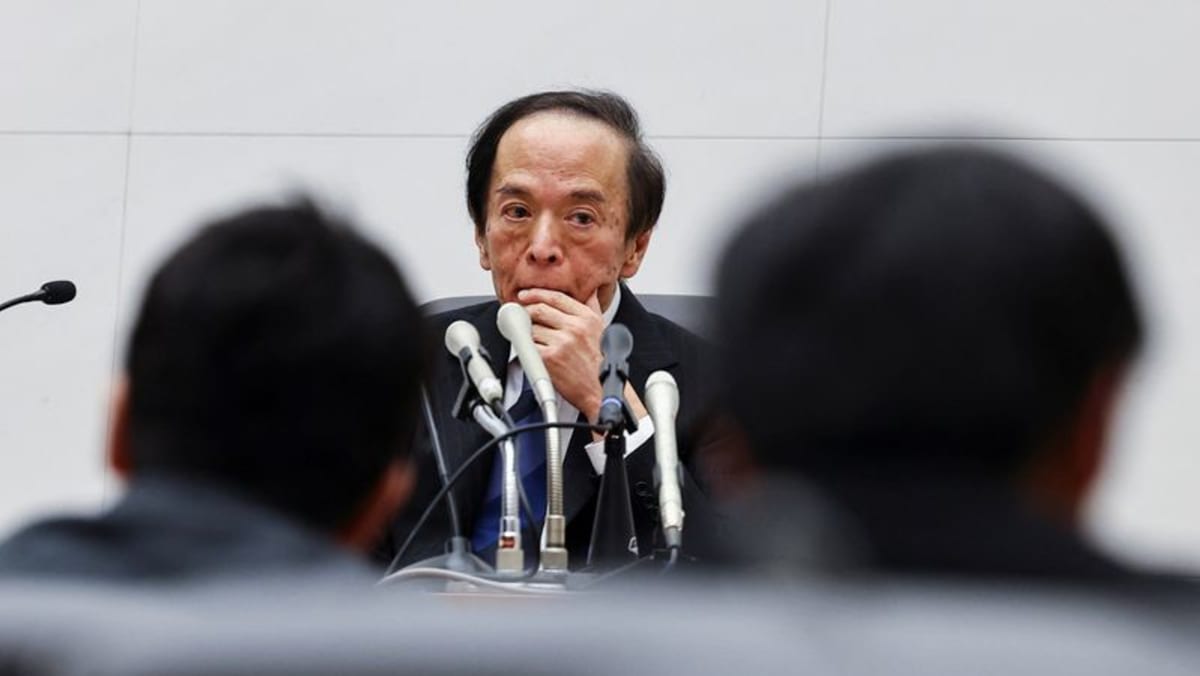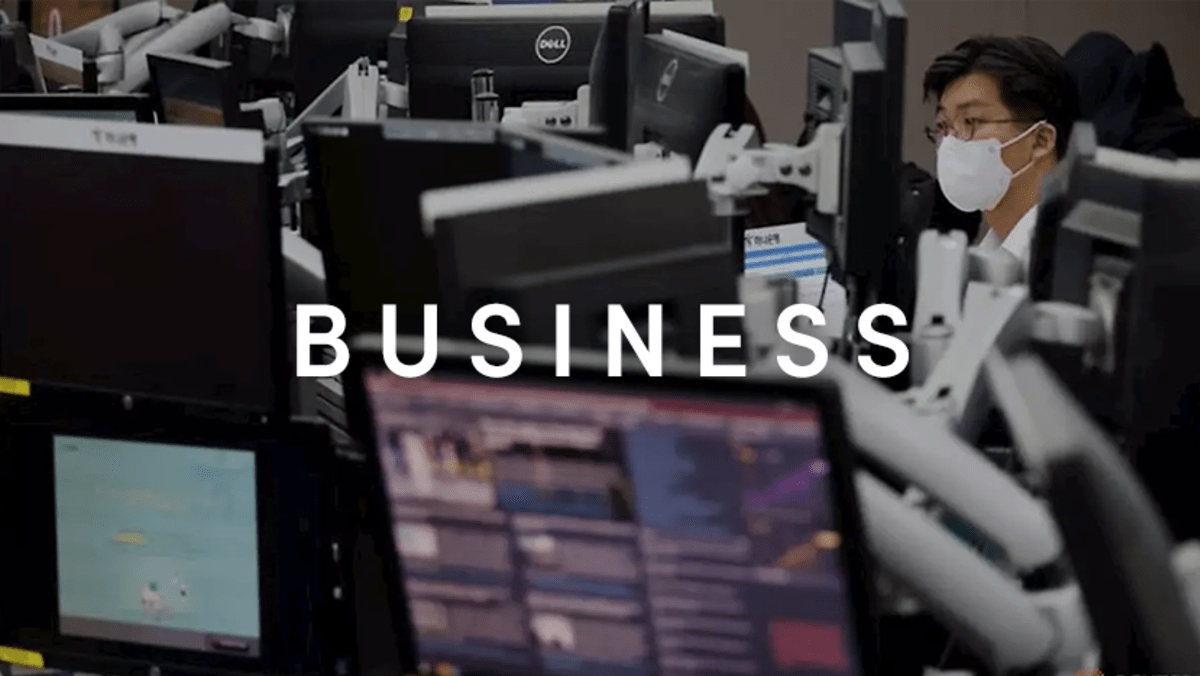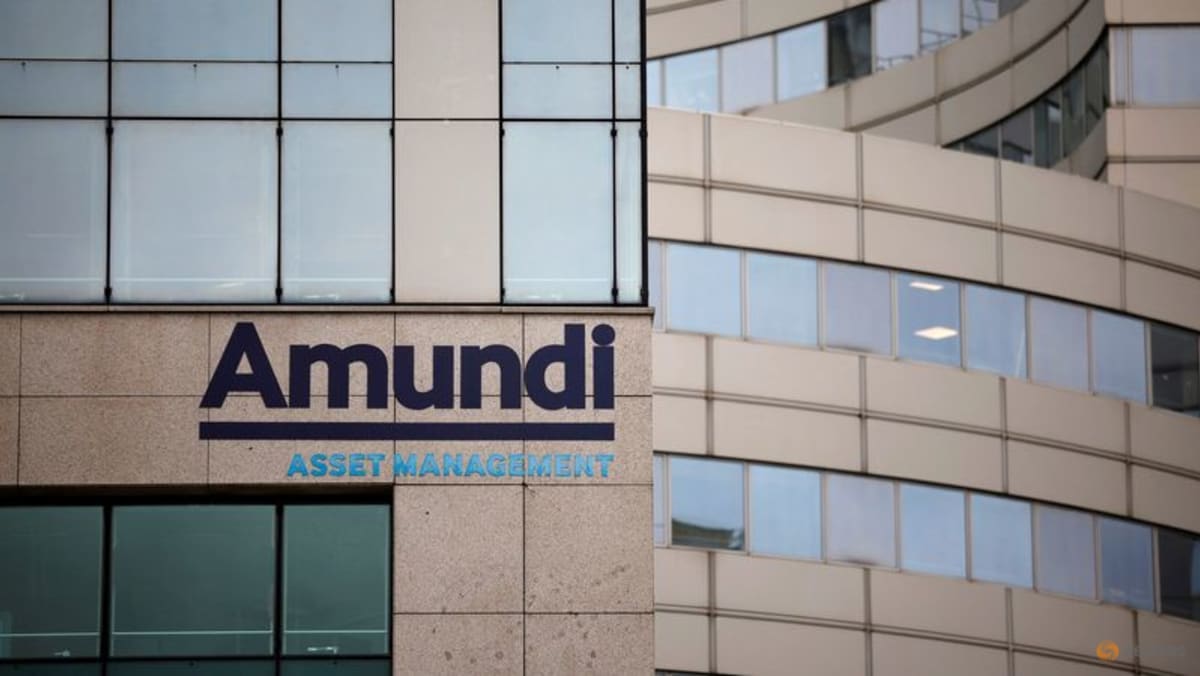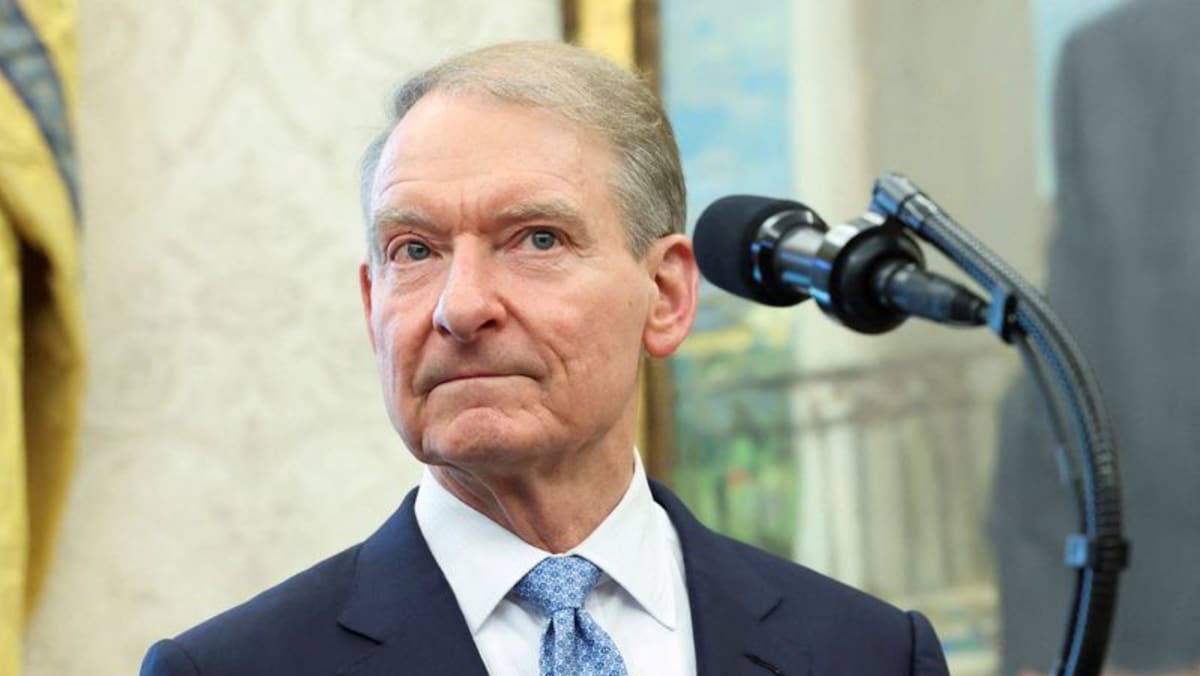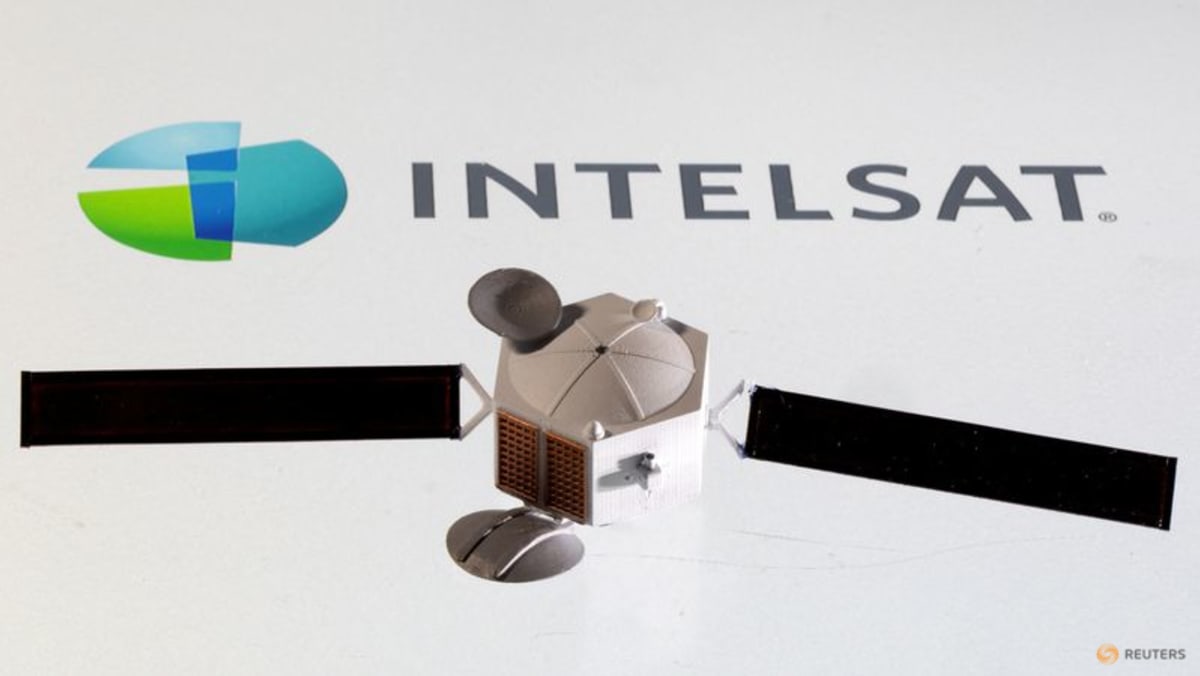IT’S NOT ABOUT PREDICTING THE FUTURE
But scenario planning was never about predicting the future – it’s about training for it. Asking “what if?” has clear benefits.
David Niles, a strategic adviser to chief executives, tells his clients that “it’s not about getting the forecast right – it’s about having a series of plays ready, so when the unexpected happens, you’re not frozen”.
It’s one thing to imagine alternative futures, but another to know when to shift course. In the short term, leaders need to buy themselves time.
Simon Freakley at management consulting firm AlixPartners recommends “no regrets” moves to secure supply chains, operations, cash sources and customers such as scrutinising liquidity and working capital, refining pricing and forecasts, focusing on top customers and segments, and being alert to risks such as cyber security.
Beyond these immediate steps, companies need to think hard about their organisational capabilities to find advantages. One chief financial officer told me recently, “In this environment, it’s easier to identify risks than it is to see the opportunities.” If companies focus only on downside protection, they may miss the upside in moments of disruption.
The goal of scenario planning isn’t just to survive one crisis after another. It’s also to become the kind of organisation that can adapt and grow no matter what’s around the corner.






